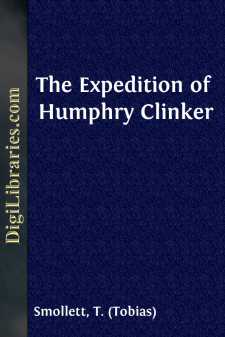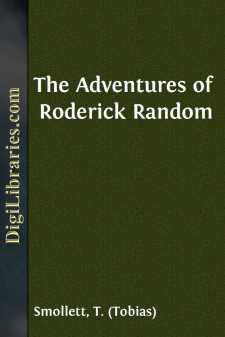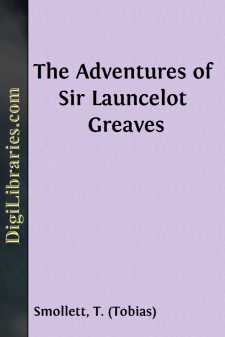Categories
- Antiques & Collectibles 13
- Architecture 36
- Art 48
- Bibles 22
- Biography & Autobiography 813
- Body, Mind & Spirit 142
- Business & Economics 28
- Children's Books 14
- Children's Fiction 11
- Computers 4
- Cooking 94
- Crafts & Hobbies 4
- Drama 346
- Education 46
- Family & Relationships 57
- Fiction 11829
- Games 19
- Gardening 17
- Health & Fitness 34
- History 1377
- House & Home 1
- Humor 147
- Juvenile Fiction 1873
- Juvenile Nonfiction 202
- Language Arts & Disciplines 88
- Law 16
- Literary Collections 686
- Literary Criticism 179
- Mathematics 13
- Medical 41
- Music 40
- Nature 179
- Non-Classifiable 1768
- Performing Arts 7
- Periodicals 1453
- Philosophy 64
- Photography 2
- Poetry 896
- Political Science 203
- Psychology 42
- Reference 154
- Religion 513
- Science 126
- Self-Help 84
- Social Science 81
- Sports & Recreation 34
- Study Aids 3
- Technology & Engineering 59
- Transportation 23
- Travel 463
- True Crime 29
The History of England in Three Volumes, Vol.II. From William and Mary to George II.
Description:
Excerpt
ACCOUNT OF THE NEW MINISTRY.
William began his reign with a proclamation, for confirming all protestants in the offices which they enjoyed on the first day of December; then he chose the members of his council, who were generally staunch to his interest, except the archbishop of Canterbury and the earl of Nottingham, and these were admitted in complaisance to the church-party, which it was not thought adviseable to provoke. [See note A, at the end of this Vol.] Nottingham and Shrewsbury were appointed secretaries of state; the privy-seal was bestowed upon the marquis of Halifax; the earl of Danby was created president of the council. These two noblemen enjoyed a good share of the king's confidence, and Nottingham was considerable as head of the church-party: but the chief favourite was Bentinck, first commoner on the list of privy-counsellors, as well as groom of the stole and privy purse. D'Averquerque was made master of the horse, Zuylestein of the robes, and Sehomberg of the ordnance: the treasury, admiralty, and chancery were put in commission; twelve able judges were chosen;* and the diocese of Salisbury being vacated by the death of Dr. Ward, the king of his own free motion filled it with Burnet, who had been a zealous stickler for his interest; and in a particular manner instrumental in effecting the revolution. Sancroft, archbishop of Canterbury, refused to consecrate this ecclesiastic, though the reasons of his refusal are not specified; but, being afraid of incurring the penalties of a premunire, he granted a commission to the bishop of London, and three other suffragans, to perform that ceremony. Burnet was a prelate of some parts, and great industry; moderate in his notions of church discipline, inquisitive, meddling, vain, and credulous. In consequence of having incurred the displeasure of the late king, he had retired to the continent and fixed his residence in Holland, where he was naturalized, and attached himself to the interest of the prince of Orange, who consulted him about the affairs of England. He assisted in drawing up the prince's manifesto, and wrote some other papers and pamphlets in defence of his design. He was demanded of the States by the English ambassador as a British fugitive, outlawed by king James, and excepted in the act of indemnity. Nevertheless, he came over with William in quality of his chaplain; and, by his intrigues, contributed in some measure to the success of that expedition. The principal individuals that composed this ministry have been characterized in the history of the preceding reigns. We have had occasion to mention the fine talents, the vivacity, the flexibility of Halifax; the plausibility, the enterprising genius, the obstinacy of Danby; the pompous eloquence, the warmth, and ostentation of Nottingham; the probity and popularity of Shrewsbury. Godolphin, now brought into the treasury, was modest, silent, sagacious, and upright. Mordaunt, appointed first commissioner of that board, and afterwards created earl of Monmouth, was open, generous, and a republican in his principles....










